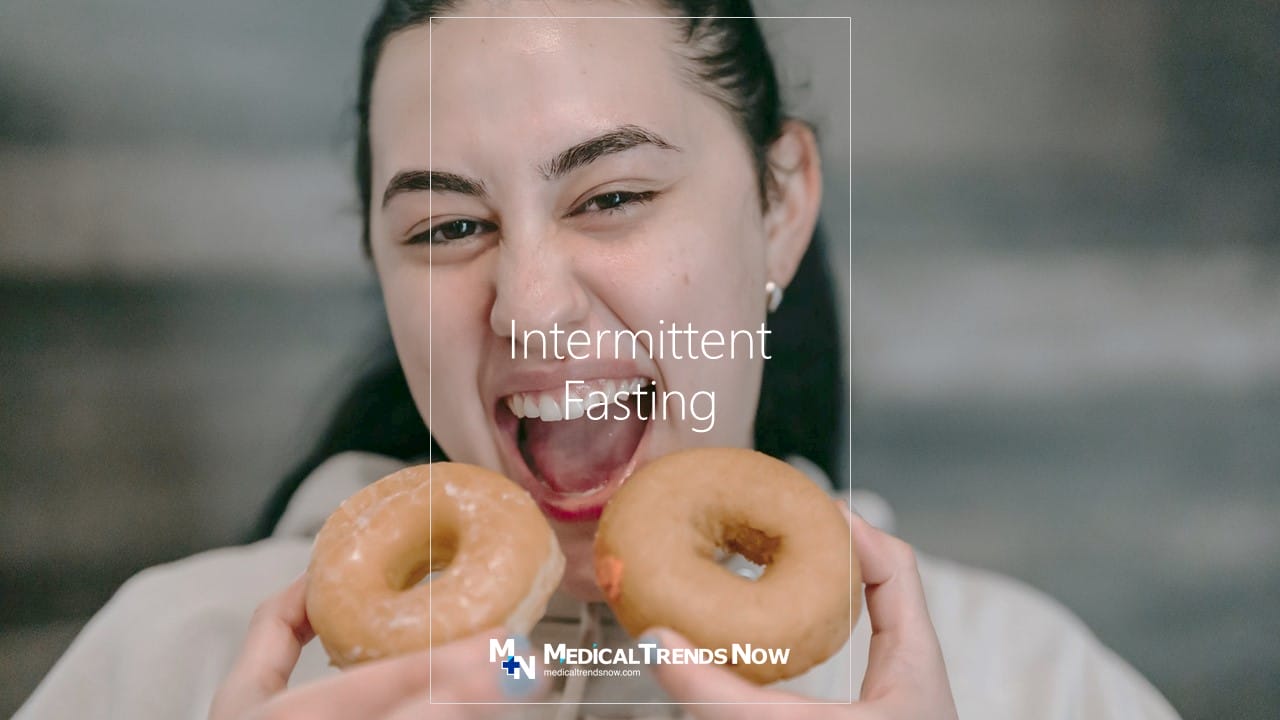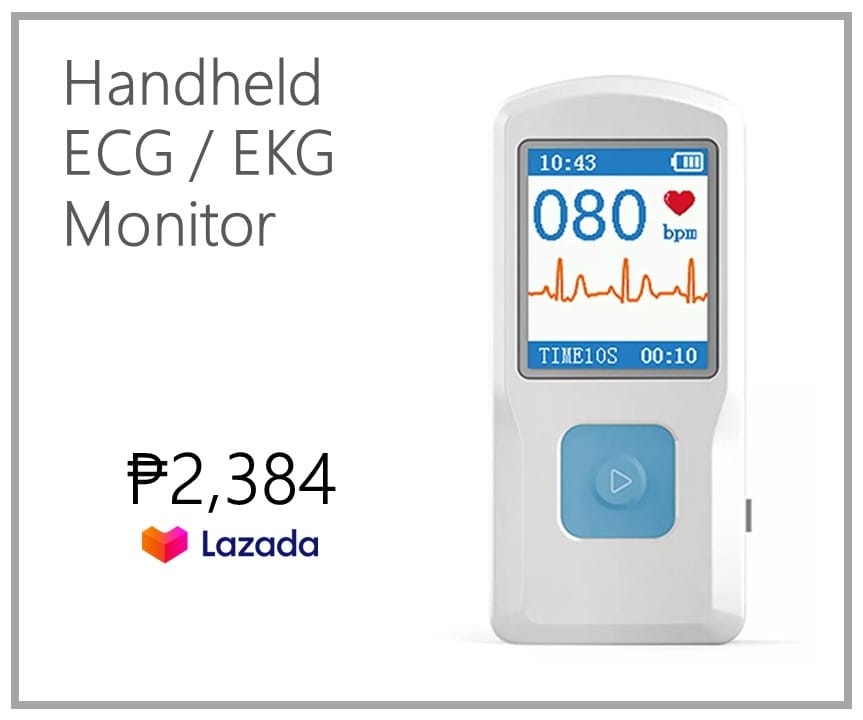Table of Contents
Intermittent fasting is a diet plan that involves eating periods of normal meals with periods of fasting.
This can help you lose weight and improve your health.
If you’re new to intermittent fasting, this guide will help you get started.
What is Intermittent Fasting?
Intermittent fasting is a type of diet where you alternate between periods of fasting and eating. The idea is that by doing this, you can help your body to become more efficient at burning fat and calories. In other words, intermittent fasting can help you lose weight in a healthy way.
There are many different types of intermittent fasting, but the most common is the 16/8 method, which involves eating eight small meals per day.
There are a few different ways to do intermittent fasting. The most common way is to fast for 16 hours every day, but you can also fast for 24 hours or even for multiple days a week.
Some variations allow for eating during the fast period. For example, you could eat only during the 8-hour window from 12 pm to 8 pm, or you could have an extended breakfast period that includes both breakfast and lunch.
The Benefits of Intermittent Fasting
There are many benefits to intermittent fasting for beginners.
First, it can help you lose weight. Intermittent fasting can help you burn more calories, and because it’s a form of calorie restriction, it can help you lose weight by reducing your caloric intake.
Second, intermittent fasting can help improve your overall health. It has been shown to improve your blood pressure, cholesterol levels, and insulin sensitivity.
Finally, intermittent fasting is also great for mental health. It has been shown to improve mood and cognitive function.
How to Start Intermittent Fasting
When it comes to an intermittent diet, there are a few things that you need to know to get started.
First, an intermittent diet is not a new diet or exercise plan. It has been around for centuries and was first documented by the Ancient Egyptians. An intermittent diet is simply an eating schedule where you alternate between periods of eating and fasting.
There are many different ways to do this, but the most common way is to have an 8-hour eating window and a 24-hour fast window.
You can eat whatever you want during the eating window as long as it falls within the calorie limits for your daily caloric intake. The fast window is where all of your food consumption happens during the 24 hours leading up to bed.
Choose an Intermittent Fasting Diet Plan
There are many different types of intermittent fasting diets.
The most common type is the 16/8 plan, which involves eating 16 hours a day and fasting for eight hours.
There are also 12/12 plans, which involve eating 12 hours a day and fasting for 12 hours. You can also try the 5/2 plan, which involves eating five days a week and fasting for two days.
What to Eat During Intermittent Fasting?
If you’re new to an intermittent diet, it can be a little confusing figuring out what to eat.
Here are some tips for starting an intermittent fast:
Protein
First, make sure you’re getting enough protein. During an intermittent fast, your body will start to break down muscle for energy, so you’ll need around 0.36 grams per pound of bodyweight. This means that if you weigh 150 pounds, you would need around 36 grams of protein each day. Try to get your protein from sources like eggs, chicken breasts, and Greek yogurt.
Plenty of Water
Second, make sure you’re drinking plenty of water during your fast. You’ll lose a lot of water through sweat and urine, so staying hydrated is essential.
Third, make sure you’re eating enough fiber. Fiber helps to keep you feeling full and satisfied throughout the day, so include plenty of fruits, vegetables, and whole grains in your diet.
Watch Your Calorie Intake
Lastly, be mindful of your calorie intake. If you’re trying to lose weight or maintain your current weight, it’s essential to keep track of your calorie intake during an intermittent fast. However, if you’re fasting for health reasons (like reducing inflammation), you don’t need to worry about counting calories.
When starting an intermittent fast, it is crucial to understand the basics of what to eat. You should consume water, black coffee or tea, and unsweetened fruit or vegetables during a fast. You can also have light snacks such as nuts or seeds.
Add More Variety to Your Diet Plan
If you’re looking to add more variety to your diet plan, intermittent fasting might be a good option for you. Intermittent fasting is a way of eating where you alternate between periods of fasting and feeding.
During fasting periods, you limit yourself to only consuming water or food that has been fast-digested. This allows your body to burn fat and break down muscle for energy. Feeding periods will enable you to eat whatever you want, as long as it’s healthy and within your calorie limit.
By incorporating intermittent fasting into your diet, you’ll increase the number of nutrients and antioxidants that are available to your body.
Additionally, intermittent fasting can help regulate blood sugar levels, which can help reduce the risk of chronic diseases such as diabetes.
How to Transition to a Normal Diet
If you’re looking to transition to a normal diet, intermittent fasting can be a great way to get started. Intermittent fasting is a popular way to eat that involves eating between 12 and 16 hours each day, with one or two short breaks.
During these periods of eating, you’re allowed to eat whatever you want, as long as it fits within the prescribed calorie and macronutrient limits. This type of intermittent diet can help you lose weight and improve your overall health.
Tips for Sticking to an Intermittent Fasting
It can be hard to stick to if you are new to intermittent fasting. Here are a few tips to help you stay on track:
Make a plan
Decide what days of the week you will fast and what meals you will have on those days. This will help keep your fasting schedule clear in your mind and make it easier to follow.
Set realistic goals
Don’t try to fast for more than 24 hours at a time or expect to lose weight overnight. Start with shorter fasts and work your way up as you become more comfortable with an intermittent fast diet.
Take breaks
If you find yourself feeling ravenous or tired during your fast, break the fast for a few hours to allow your body to rest and refuel.
Stay hydrated
Make sure to drink plenty of water while fasting, especially if you are feeling thirsty.
Avoid eating large meals before bedtime
This will make it harder for you to fall asleep and will also keep you from getting the best possible sleep during your fast period.
What are the Side Effects of Intermittent Fasting?
There are a few potential side effects of intermittent fasting, but they’re generally mild and don’t last long.
The most common side effects include feeling tired, moody, and trouble sleeping. These side effects usually go away after you adjust to the new eating schedule.
In general, there is no definitive answer to this question, as intermittent fasting can have a variety of different side effects for different people. Some people may experience minor side effects such as headaches, fatigue, or a reduction in appetite. In contrast, others may experience more serious side effects, such as an increase in anxiety or depression.
It is crucial to speak with a healthcare professional if you are experiencing any significant changes in your mood or health while intermittent fasting.
Conclusion: Intermittent Fasting for Beginners
If you’re new to intermittent fasting, start with a simple plan. Whether you’re fasting for 16 hours or 5 hours, start by gradually increasing the time period over the course of a week or two.
Listen to your body and make adjustments as needed. If you find that intermittent fasting is helping you lose weight, improve your mood, and reduce inflammation, keep up the good work!
As you can see, there are many benefits to intermittent fasting. If you follow the steps in this guide, you’ll be on your way to losing weight and improving your health.














